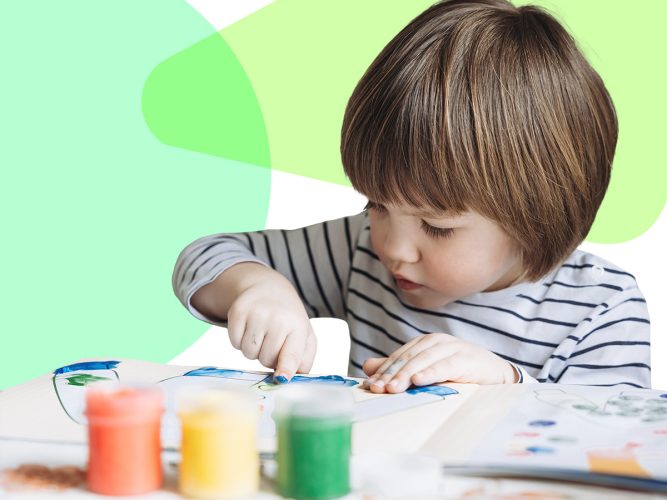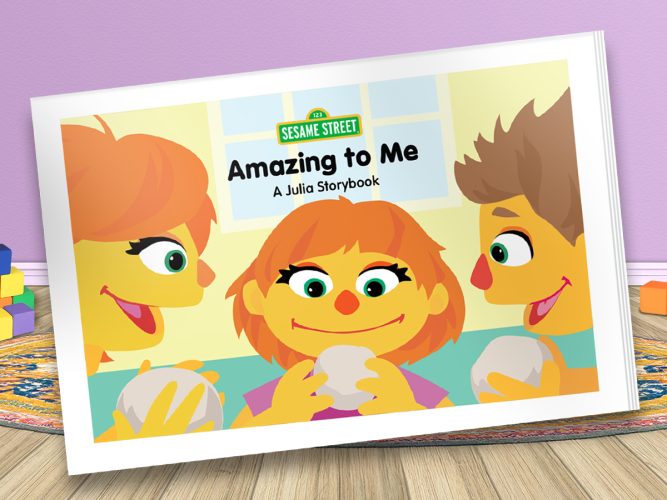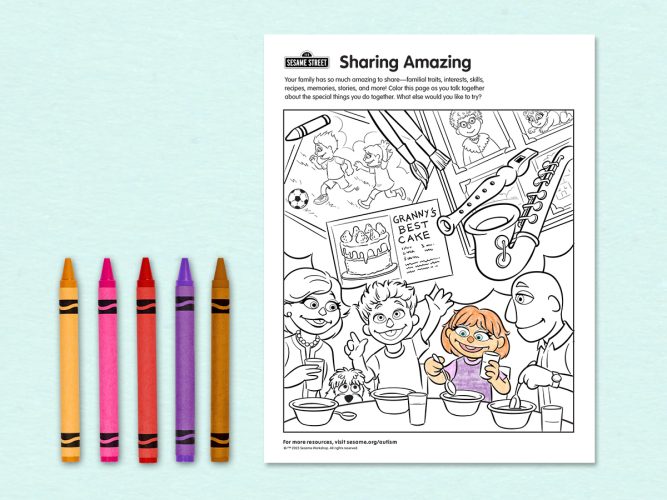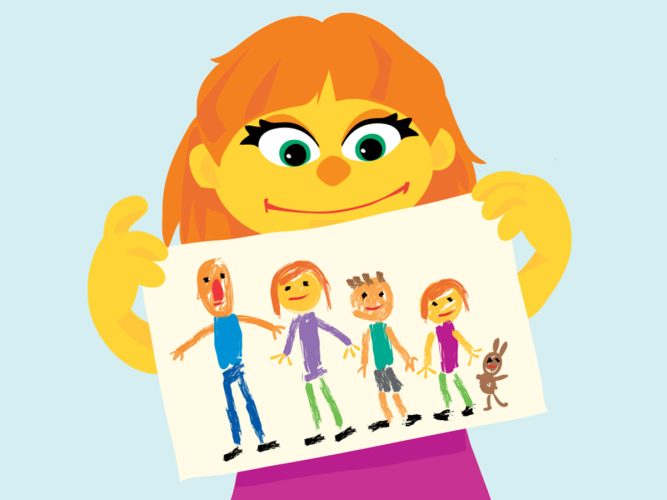
Exploring the Amazing in Autistic Children: A Conversation with Camille Proctor, Founder of The Color of Autism Foundation
An article to help parents discover and support their autistic child’s unique perspective and personality
What makes autistic children—and all children—amazing?
All children have a special uniqueness about them, but the thing I find really intriguing about autistic children is just the way they view things. They have a point of view that’s so unique.
For example, many of the autistic children that I know have really good discernment, or knowing what they like and don’t like. They study situations—even when you think they’re not paying attention, they are. If they don’t like something (or if they do!), it’s really for a reason.
Why do you think highlighting a child’s perspective is so important?
Whether they’re autistic or not, encouraging your children to have a voice is so important, because it will benefit them over the course of their lifetime. It’s so powerful when you instill self-confidence in your child, and to teach them how to advocate for themselves. If they have a voice, then they have a choice. And they don’t need to be verbal to have a voice!
Say more about that.
While someone may not be verbal, that doesn’t mean they don’t understand or that they don’t have an opinion. If they’re able to pull you or take your hand to show you something—that’s a way they’re communicating with you. There are high- and low-tech ways non-verbal children can express themselves, too. There are communication devices that can be set up to meet the needs of each child. But you can also simply use pictures.
In my home, we took photos of pretty much everything that my son came in contact with. When we’d ask him a question, he could point to respond. It was very time consuming to make all those picture cutouts, but it helped him be a part of everything in the household. And that helped build his confidence and sense-of-self.
How else can families build their autistic child’s positive sense of self?
Families and caregivers are such important support systems for an autistic child—their biggest cheerleaders. You can start at home by letting children know just how important they are—that who they are (the way they are!) is someone important to your community and an important part of your family.
I want you to be like a chief detective, collecting data: finding out what your kid’s triggers are, their likes, their dislikes. With all that information, you can then start making small, supportive connections. For example, some children don’t like certain types of lights or noise. So, you might remove some of the things that might cause anxiety. Or you might create social stories that help a child prepare for the new thing, a new situation, a change, or whatever it may be.
And you can include children in day-to-day activities in your home. Read to them, whether they’re responding or not. Keep introducing vocabulary words. Bring them into the kitchen with you. Let them mix. If they’re a sensory avoider, give them some gloves! But always let them be part of your family life.
I bet this can be challenging as a parent.
Yes. When you’re caring for a loved one with special needs, you do a lot of running around—to appointments and other things—and that’s exhausting. And along the way someone somewhere told parents that we all needed to be perfect, and striving for perfection can burn us out.
But we don’t have to have it all figured out. That’s another reason I encourage parents to be detectives. Getting curious can really help both of you: They’re learning about you, and you’re learning about them. It can take some of the pressure off when you’re in it together.
This journey can be overwhelming. Sometimes it’s hard to hide how overwhelmed we are… and that can trickle down to our children. Remember, children can feel that energy. In difficult moments, it’s especially powerful to simply remind your little one that you’re happy they’re here!
More about Camille Proctor
Camille Proctor is an advocate, dedicated mother, and a driving force behind autism awareness and inclusion initiatives. Her journey into advocacy began in 2008 when her son received an autism spectrum disorder diagnosis shortly after turning two. Faced with the challenge of finding support services for her family, Camille recognized a significant disparity within the black community regarding autism awareness and resources. In 2009, Camille Proctor founded The Color of Autism Foundation, a U.S. Non-Profit (501 c3) organization committed to educating and assisting African American families affected by autism spectrum disorders. The foundation’s mission is to empower families by helping them identify the early warning signs of autism, enabling them to become their child’s best advocate. By providing culturally competent support and training, Camille and her foundation aim to improve outcomes for children in underserved communities on the autism spectrum. Learn more about Camille and The Color of Autism Foundation here.

Creative, Talented, Amazing: A Conversation with Anna Wang, Co-founder of FCSN, about fostering autistic children’s talents
An article to help parents foster creative exploration and expression in their autistic child.

Amazing to Me
When Julia and her family do a special art activity together, Julia finds a way to add her own amazing touch!

Make a Pinch Pot!
Simple craft instructions to help your family make pinch pots from homemade dough together.

Sharing Amazing
An adult-child coloring page to spark ideas and connection.

Autism and the Arts: A Conversation on Creativity and Community

Make an Elastic Band Energy Car
Use this fun activity to engineer your own car!
